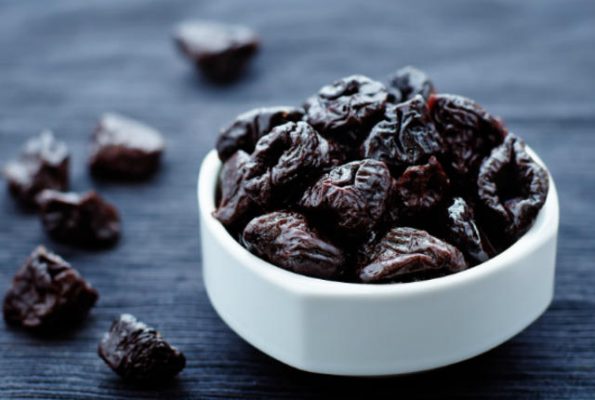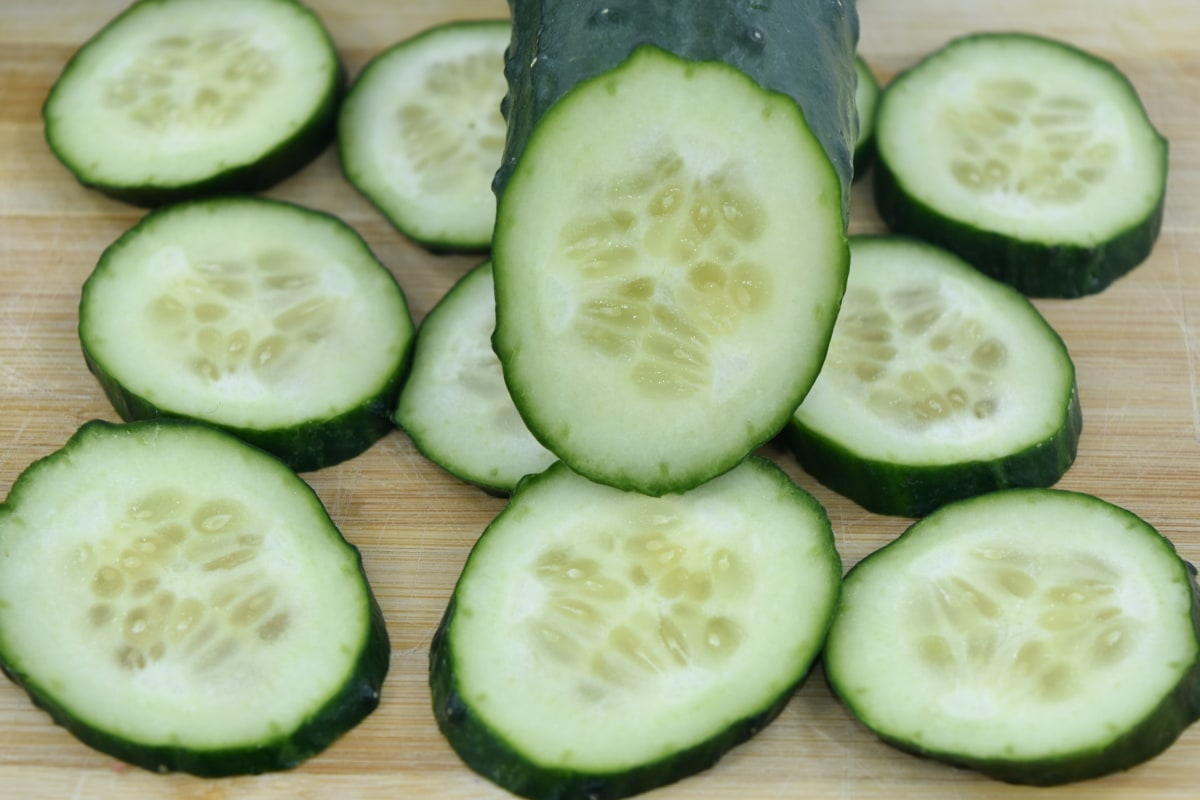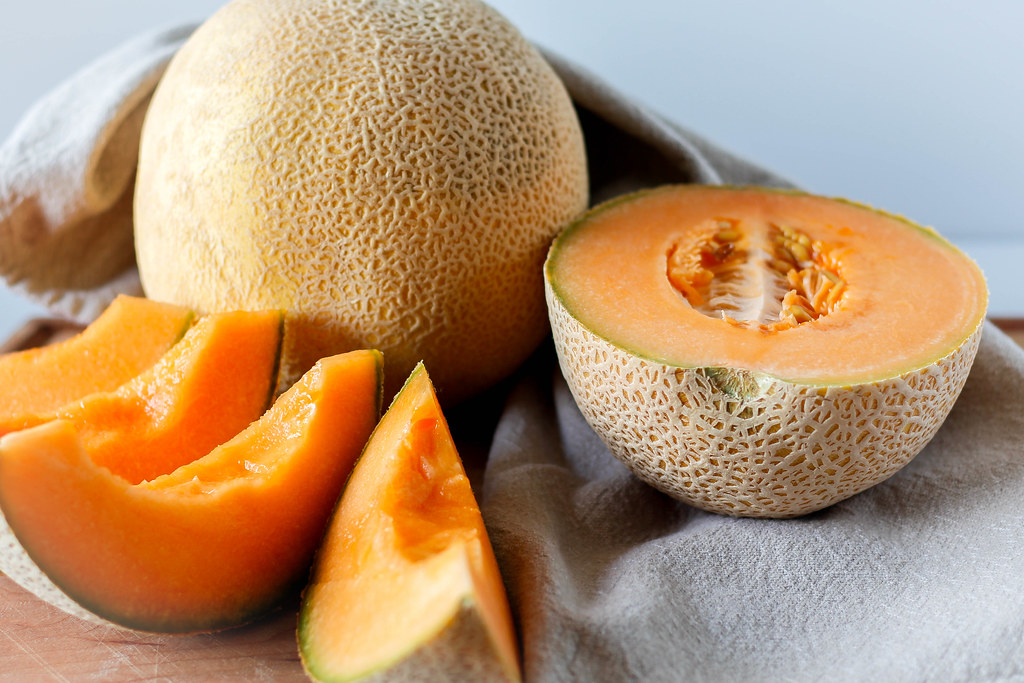
Prunes or dried plums have nutrients in them that provide a several potential health benefits. According to an article published in “Critical Reviews in Food Science and Nutrition” in 2013, the fruit can be used to lower the osteoporosis, type 2 diabetes and risk for heart disease.
Consuming just one-quarter-cup of dried plums (about four prunes), is 12 percent of the daily value of fiber and 9 percent of the daily value for potassium for people. Fiber helps lower cholesterol, fights heart disease risk, and keeps the digestive tract running smoothly. Potassium helps the nerves and muscles and is also a key component in lowering blood pressure. Eating three to six dried plums per day may help to lower blood pressure, according to a study published in the “Journal of Ayub Medical College” in 2010.
According to an article published in “Critical Reviews in Food Science and Nutrition” in 2001, the consumption of prunes may also help minimize bad cholesterol, therefore limiting inflammation in the body and lowering risk for heart disease.
If a person suffers from osteoporosis, they should probably eat prunes regularly. Consuming dried plums is a great way to lower osteoporosis risk, according to a study published in “The British Journal of Nutrition” in September 2011. Reports support prunes as a way to improved bone mineral density. An article published in “Ageing Research Reviews” in April 2009 noted that eating dried plums appear to reverse some types of bone mineral density loss and slow bone loss.





